Community: The Secret to Stopping Deforestation in Guatemala
The forest concessions of the Maya Biosphere Reserve have boasted a near-zero deforestation rate for 20 years.
Home / Regions / Central America & Mexico / Page 2
Mexico and Central America are world leaders in granting land rights to local and indigenous people—a crucial step in protecting forests. But even with significant gains in rights, forest communities are facing threats from agricultural expansion, illegal loggers, and drug traffickers.
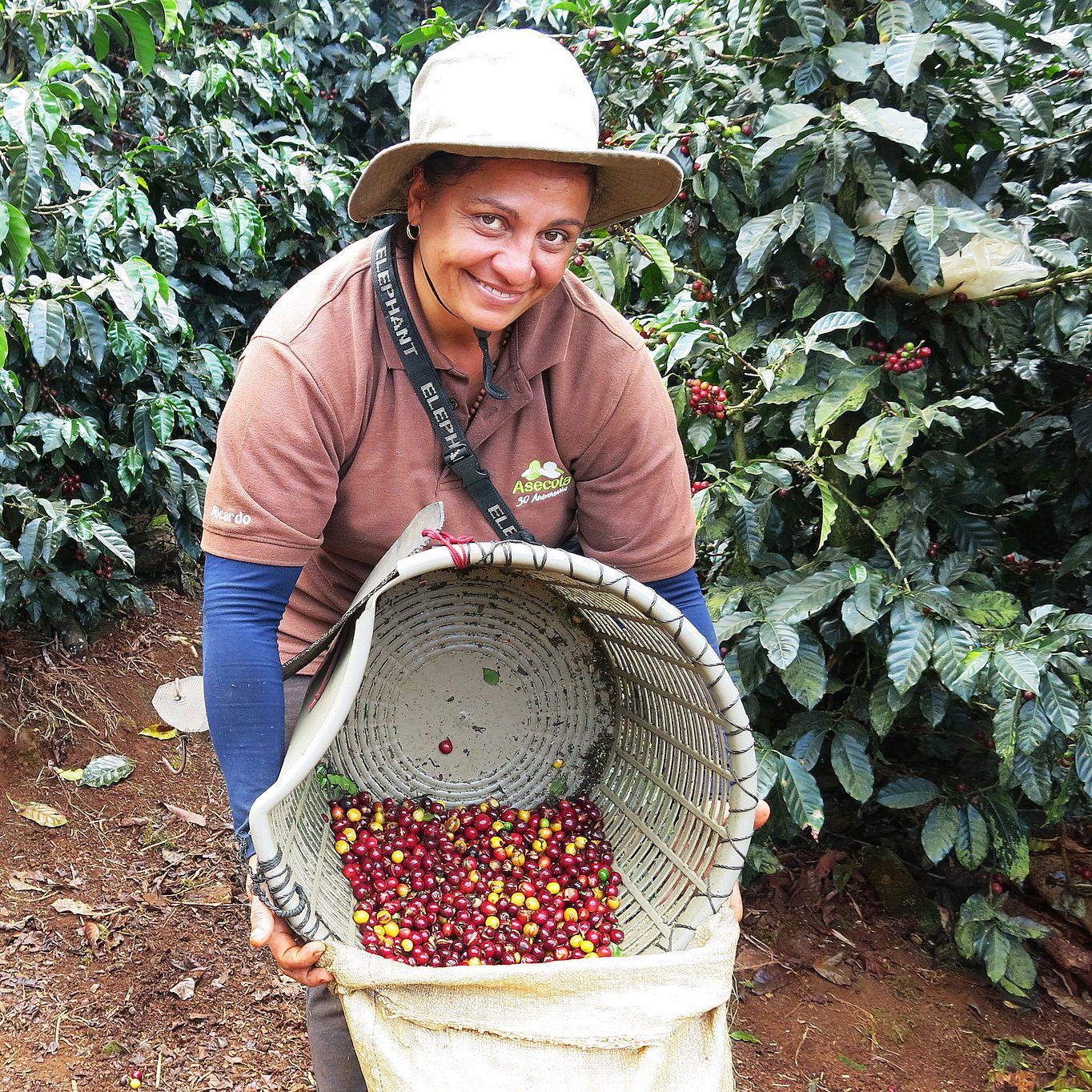
Farmers in Mexico and Central America are already dealing with the effects of climate change: shorter growing seasons, unpredictable rainfall, and a surge in plant diseases and pests. Crops like coffee and bananas could become rare delicacies in the future without bold climate action—but the livelihoods and well-being of farming communities are in jeopardy now.
Our impacts in Mexico and Central America are nothing short of stunning: In areas managed by our partner communities in Guatemala’s Maya Biosphere Reserve, for example, logging has remained at almost zero since 2001—remarkable given that adjacent areas suffer some of the worst deforestation rates in the Americas.
![]()
equivalent annual emissions of greenhouse gases removed from the atmosphere
We provided technical assistance to a group of coffee farmers in Oaxaca, Mexico, who launched an agroforestry project to remove 130,000 tons of greenhouse gas emissions (the annual emissions of 27,000 cars) from the atmosphere over 30 years through reforestation of degraded land.
![]()
have studied our environmental curriculum in Mexico and Guatemala
We not only provide training and curricula to teachers in southern Mexico and Guatemala, but we also help build local networks so educators can sustain this vital environmental education work in their communities for years to come.
In a region hard hit by climate change, the Rainforest Alliance focuses on advancing community forestry, sustainable agriculture, ecotourism, and environmental education to defend vulnerable landscapes and support rural communities.
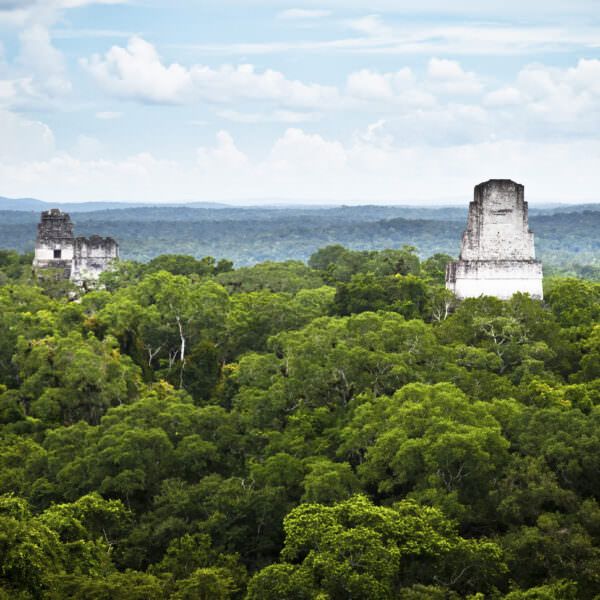
The forest concessions of the Maya Biosphere Reserve have boasted a near-zero deforestation rate for 20 years.
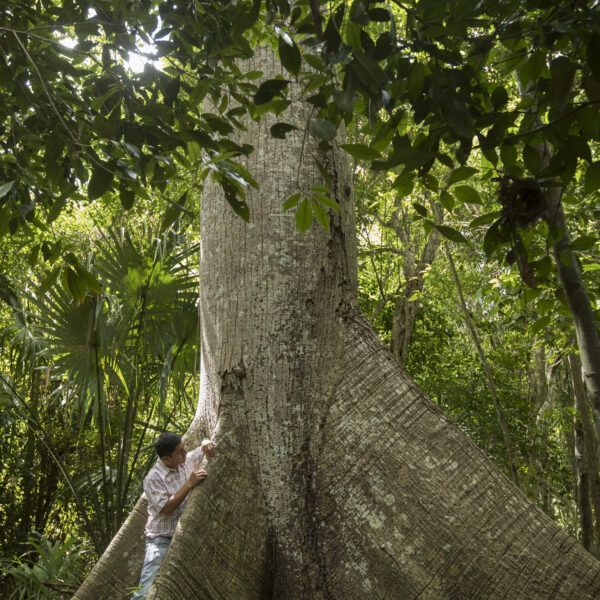
We are working to grow Mexico’s domestic market for sustainably produced products.
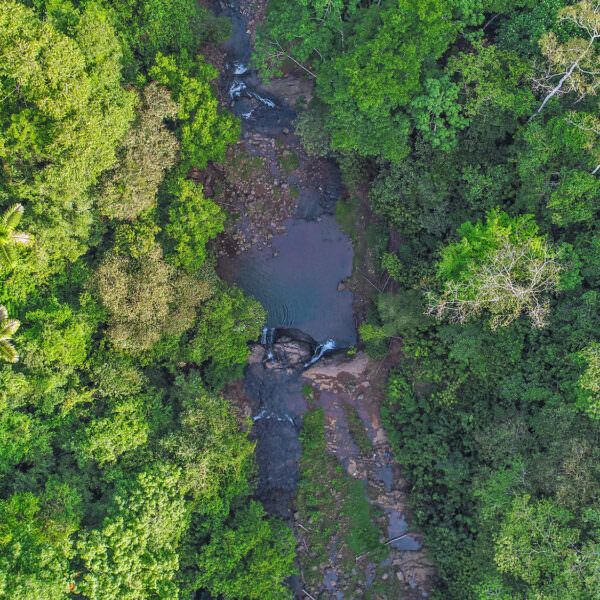
This farm doesn't just grow bananas–it's producing biodiversity, fresh air, and stronger soils.

Sustainably harvested wood is at the heart of this new business run by indigenous Maya women.

Sustainable management is a critical tool for protecting global forests and improving local livelihoods. However, in many rural communities, such as those in Calakmul, Mexico, a dearth of employment opportunities often leads youth to seek work in other areas. Such out-migration leaves rural regions without the leadership, innovation, education, and ambition of their best and […]

The Rainforest Alliance has a long history working alongside Indigenous Peoples, partnering with Indigenous organizations and communities in some of the world’s most ecologically and culturally significant landscapes, including the Amazon basin. Our teams of field professionals have built enduring relationships and co-design sustainable development programs that center Indigenous Peoples as the foremost guardians of […]
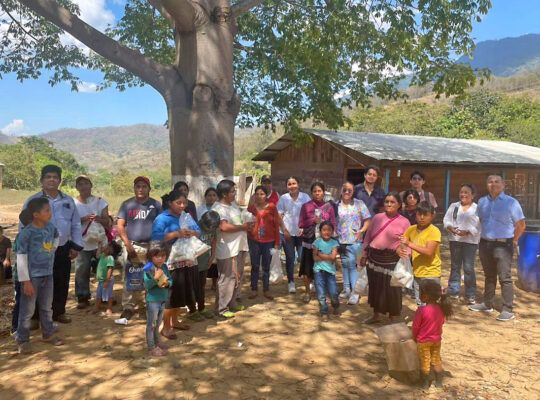
We worked with eight indigenous coffee-farming communities in Chiapas to build skills in fire prevention, business skills, and health and nutrition. ... Continue Reading
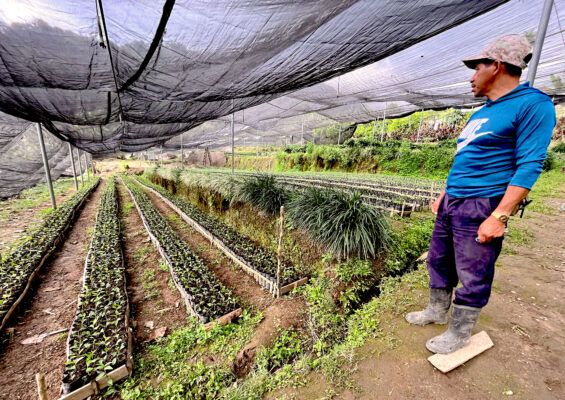
Migrant workers from Guatemala talk about working on certified farms in Chiapas, Mexico. ... Continue Reading
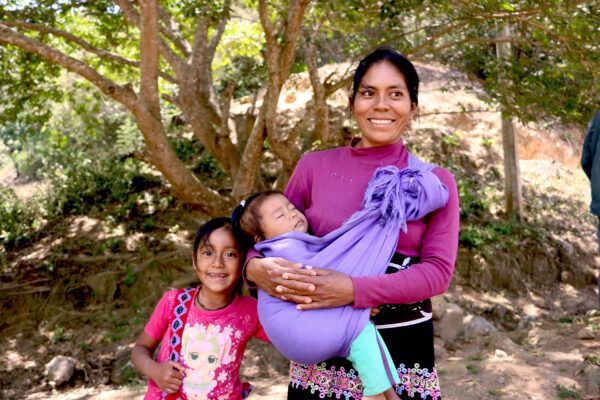
Once violently displaced, an Indigenous community in Chiapas, Mexico now flourishes.... Continue Reading
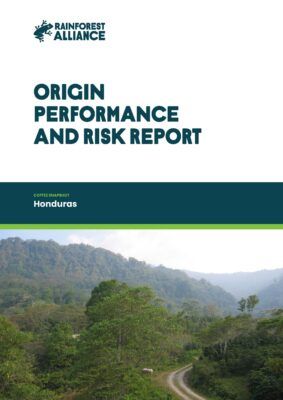
The Rainforest Alliance and partners have worked in coffee for nearly four decades. While there are still challenges in the sector, we’ve also seen great improvements. In Honduras, producers range from smallholder to large-scale. While production costs are lower than in many other coffee-growing countries, earning a living income is very challenging and labor is […]